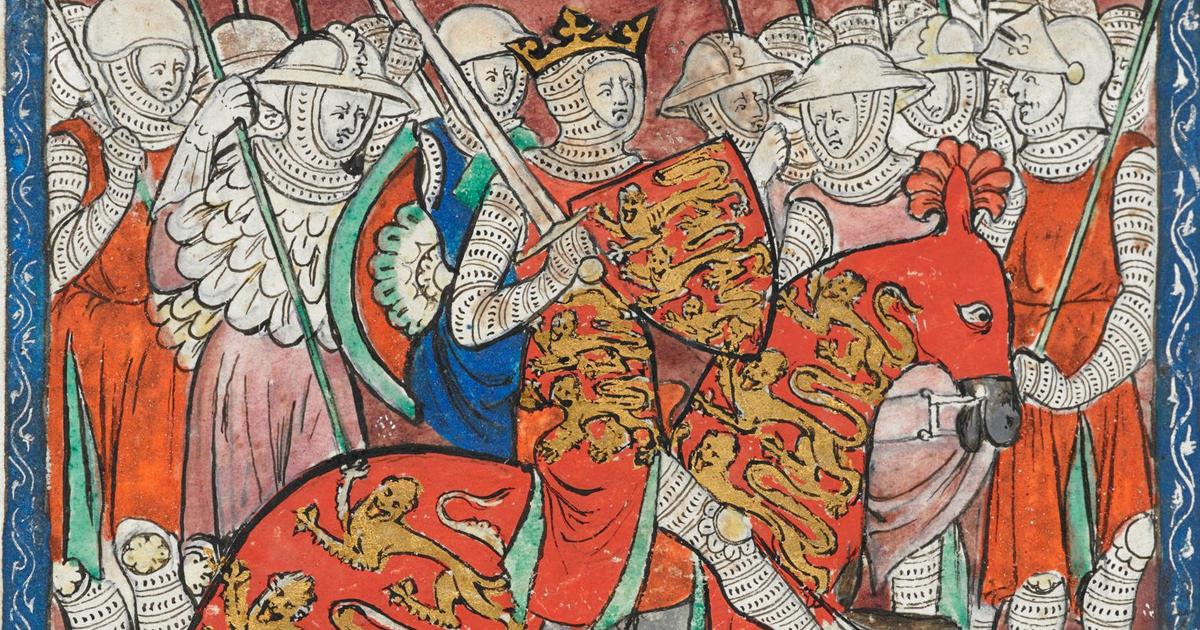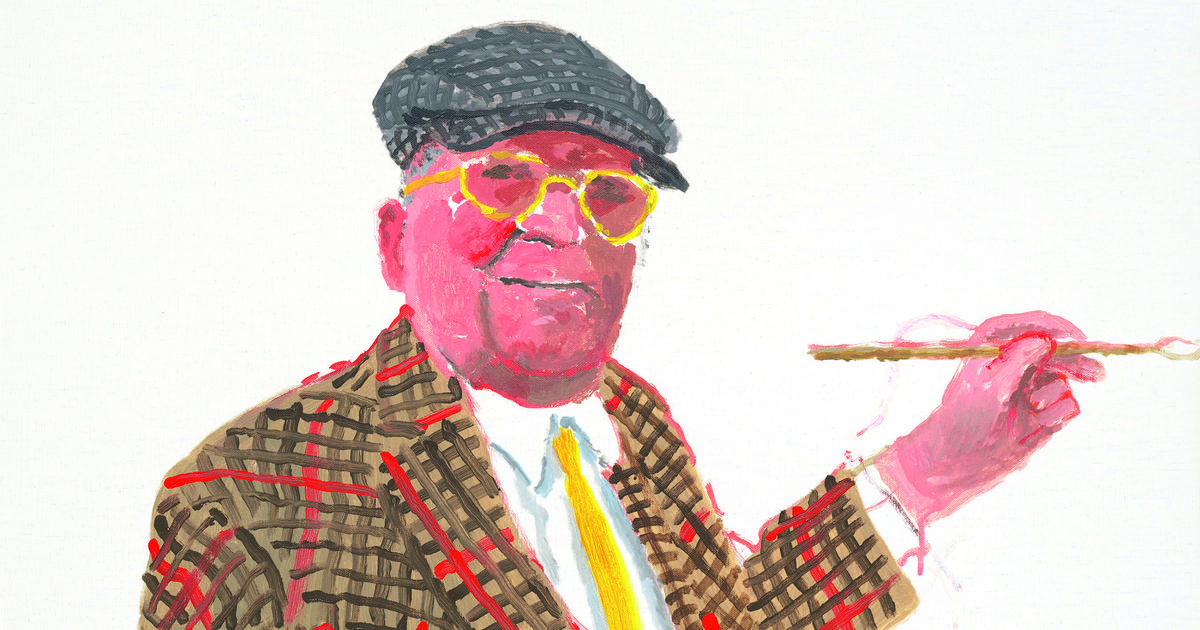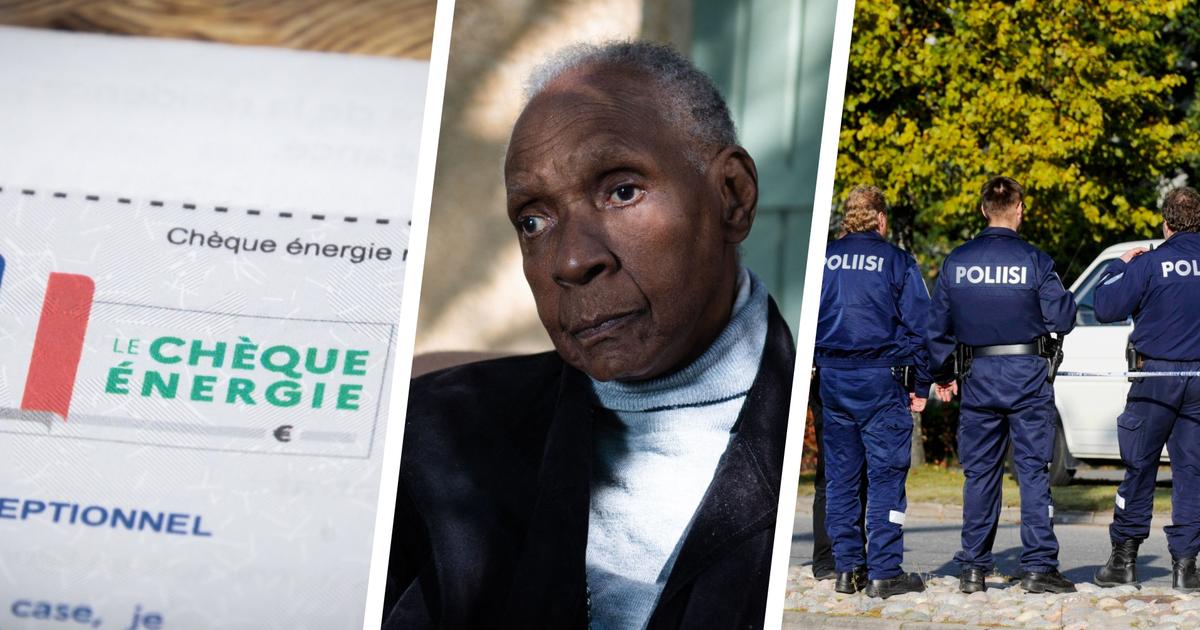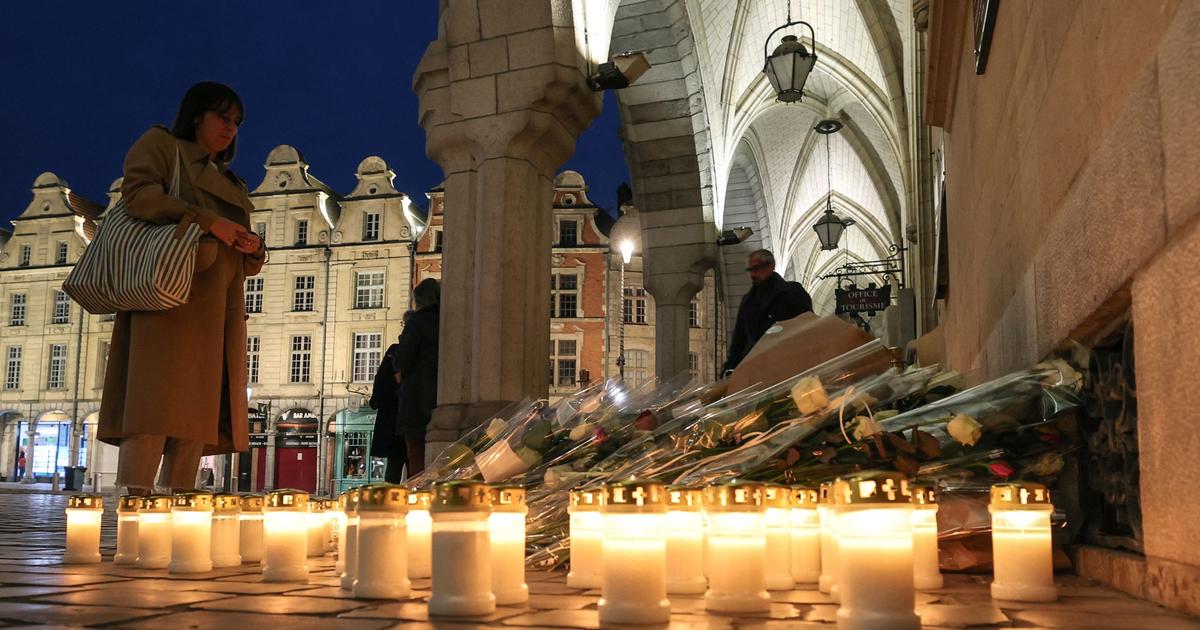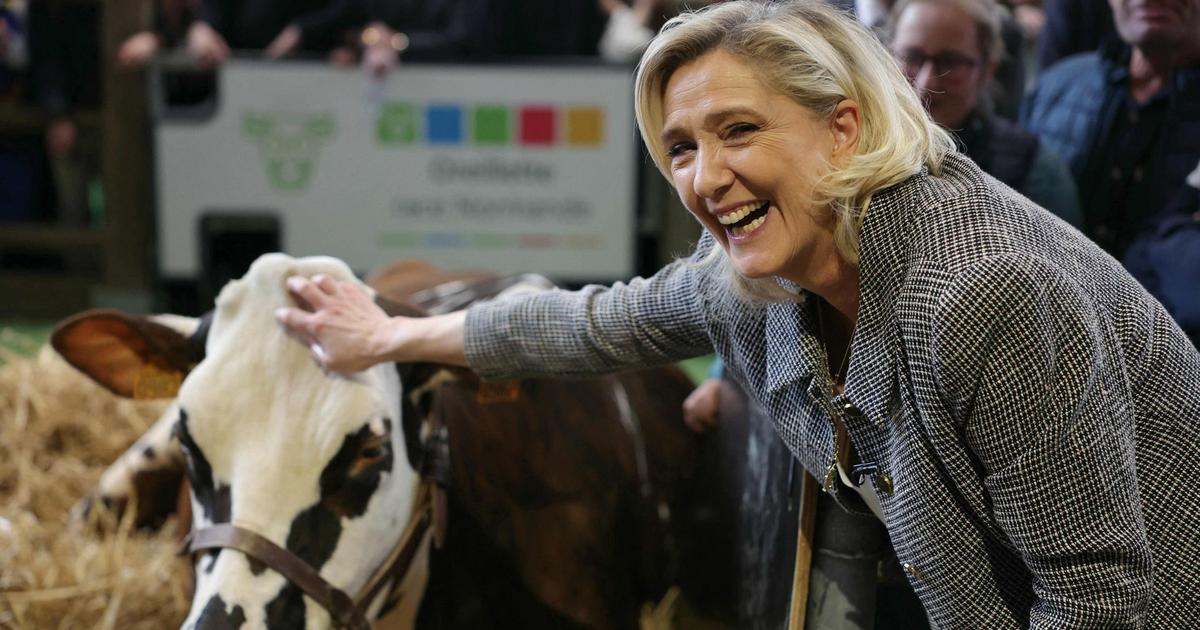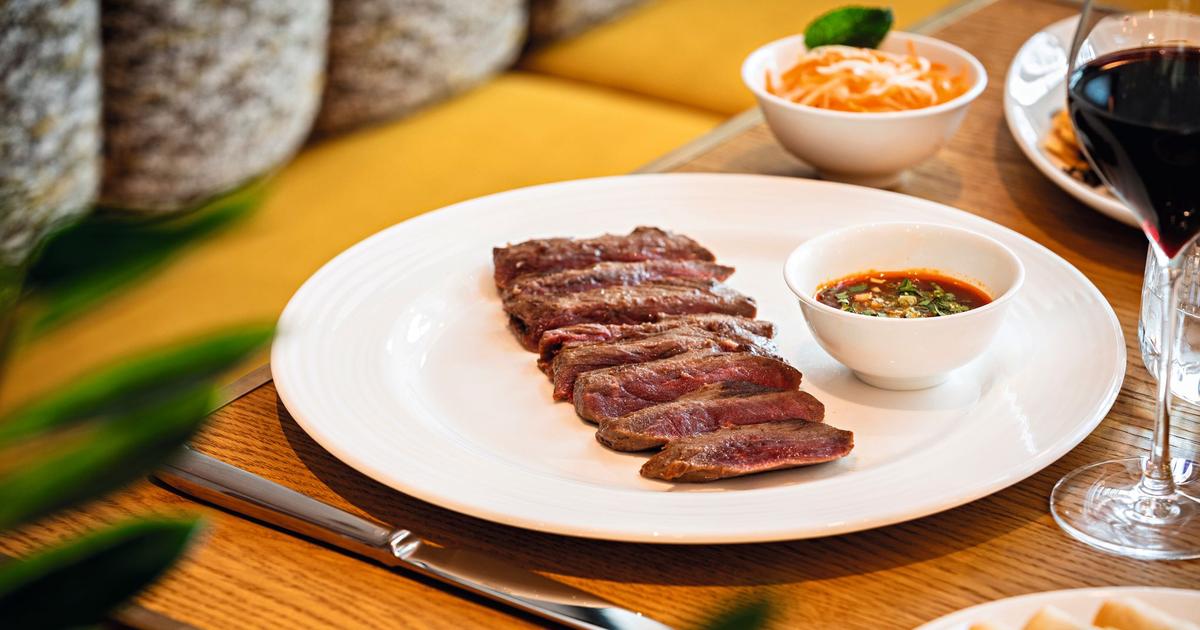"There is a sort of tradition of independence among the Normans: they say 'sire of oneself' in my house"
, launched Michel Onfray to Michel Houellebecq, during their interview published in the magazine
Front populaire
.
Referring here to the United Kingdom as
"country of personal singularity"
, heir to the values born on the lands of William the Conqueror, the philosopher highlights the Norman tradition of individual freedom reflected in this expression well known to the inhabitants of the region. .
To discover
Crosswords, arrow words, 7 Letters... Free to play anywhere, anytime with the Le Figaro Games app
Although the precise date of its appearance cannot be confirmed, the formula was already in use in the 11th century.
This is at least what Guy Letourneur and Raymond Truffer point out in
Cherbourg.
History of a city and its people
(1985).
At that time, Robert the Magnificent, Duke of Normandy, helped Henry I, heir to the throne of France faced with the revolt of his younger brother, to reconquer his royal domain in order to reign as King of the Franks.
Following the victory of the duke's men over those of the rebellious prince during the battle of Villeneuve-Saint-Georges, they would then have replied to the King of France,
“not without pride”
:
“Each one is sire de sei. ""Everyone is lord of himself"
.
What to say?
Symbol of Norman identity
Having survived the attachment of the duchy to the kingdom of France in 1204, Norman is a Romance language in the same way as French or Spanish.
It is therefore easy to translate "sei", in the expression "sire de sei", by "oneself", insofar as this is also the old form of "self", indicates the
Treasury of the French language
.
"Despoille sei si entre el lit"
(
"He undresses, then enters the bed"
), reads the 12th-century courtly novel
Partonopeus de Blois
.
But what does it mean to be “sire” yourself?
Considering that the term designates the title granted to a feudal lord, a high personage who, in the Middle Ages, possessed a lordship and exercised sovereignty over a territory and its inhabitants, to qualify as “sire” would fall under lordly exclusivity.
But, as Fernand Lechanteur notes in
Principal types toponymiques de la Normandie
(1955), Norman peasants have long been masters of their property.
And it is not a seigniorial privilege to give one's name to the land.
"It would not be possible to list all the cases of attribution to the land of the name of its owner from the Gauls to the present day, passing through the Franks and the Scandinavians"
, he explains.
Read alsoIn Guernsey, the Norman language is threatened with extinction
To qualify in this way would thus amount more to speaking of one's desire to control, to protect, one's territory.
This is at least what is confirmed by the inscription under the statue of Rollo, first Duke of Normandy (v. 846-932), in Rouen:
“We
(about Normandy)
will remain masters and lords.”
By extension, being "sire of oneself" means being able to act and think oneself in a sovereign way.
In other words, to be in control of your person.
It is moreover less on the idea of a community than on individuals capable of self-determination that Norman identity is based.
It is about being autonomous and being your own standard.

